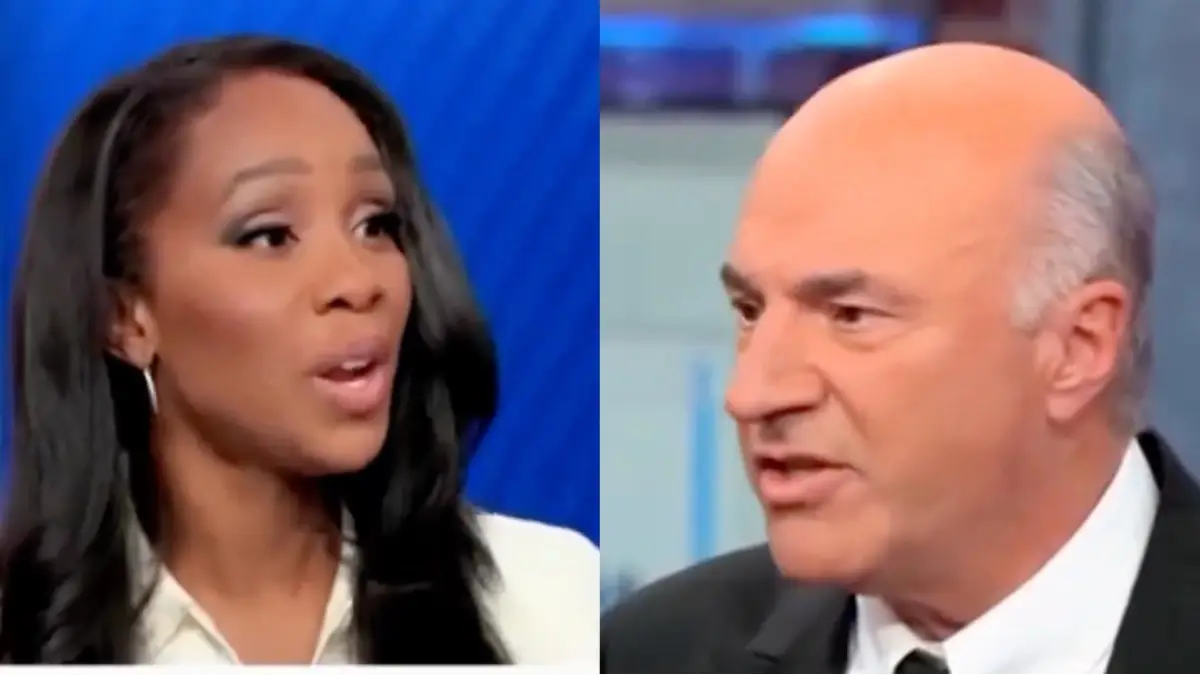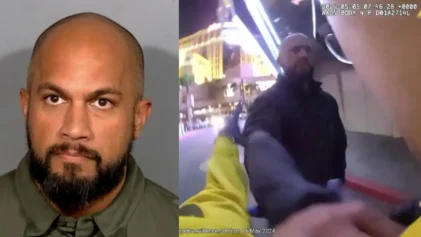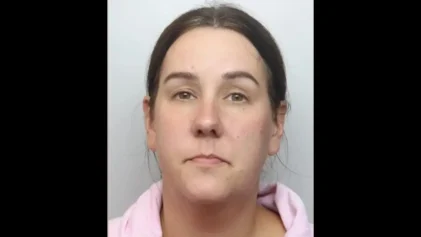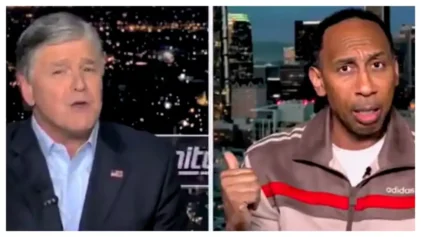CNN’s Abby Phillip pushed back against Shark Tank host Kevin O’Leary’s suggestion that Democrats “circumvented democracy” by selecting Vice President Kamala Harris as the Democratic presidential nominee.
During a segment of CNN’s “NewsNight with Abby Phillip,” the Canadian businessman argued that Harris was chosen as the nominee rather than being “democratically nominated.”
“This is the second time the Democratic Party has circumvented democracy,” O’Leary asserted, sparking a raucous rebuttal among the roundtable of panelists on the show.

“That’s not true,” several panelists said simultaneously in response.
“Yes, it is,” O’Leary continued. “Hillary Clinton was chosen, and she had Bruce Springsteen too, and what happened to her?”
“Kevin, Hillary Clinton won a primary, OK,” Phillip retorted.
After contesting that no other Democratic candidates could compete with Hillary during the 2016 election, O’Leary asked, “So did Kamala Harris win a primary?”
“Kevin, I know that you are from Canada,” Phillip stated, “But the primary process in this country is not in the Constitution. The political parties can choose whoever they want to choose their nominee. And as long as they meet the legal deadlines in the states where they are on the ballot, they can do it however they want. They can decide in December 2023 to just handpick somebody. They don’t even have to have a primary. It’s just not a thing.”
According to American legal scholar Richard Briffault, the U.S. Constitution makes no mention of the presidential nominating process and has “had little direct role in the evolution of that process from congressional caucuses to party national conventions to our current primary-dominated system of selecting convention delegates.”
Organized political parties, like the Democrats and Republicans, developed the primary system procedure, but states oversee these procedures to ensure fairness.
Several states across the U.S. hold presidential primaries early in a presidential cycle to select a party’s candidates for the general election. These elections are notably known as “Super Tuesday” elections. Only a handful of states hold primaries every year where voters cast secret ballots to choose their preferred candidate. States take the results of that vote into account to award delegates to the winning candidates.
Caucuses, on the other hand, are meetings run by political parties in which registered party members select a candidate. These assemblies are also held in a few states every year.
Candidates running in the Democratic Party earn a share of delegates in approximate proportion to the votes they receive in a state’s primary or caucus. There are open, closed, and semi-open and semi-closed primaries and caucuses, and each primary system differs from state to state.
Delegates are active party loyalists, leaders, or early supporters of a particular candidate and are in charge of representing their state or community at their party’s presidential nominating convention.
This year, President Joe Biden swept most of the Super Tuesday elections, earning nearly 3,900 delegates in the process. Those delegates were considered “pledged” to Biden until he dropped out of the race and endorsed Harris as his successor. Many delegates began backing Harris following Biden’s departure from the race.
Democratic National Convention rules dictate that delegates are encouraged to vote for the candidate they’re pledged to support, but they aren’t required to. The rules say, “All delegates to the National Convention pledged to a presidential candidate shall in all good conscience reflect the sentiments of those who elected them.”
Before he withdrew from the race, the DNC planned a virtual roll call to formally nominate Biden as the party’s nominee. After he backed out, the convention’s rules committee established a process for candidates to challenge the primary nomination and declare their intent to seek the nomination ahead of the convention.
A virtual voting process was held in early August, beating several state ballot deadlines to certify party nominations for the November election. Harris won an overwhelming number of delegate votes during that process and was confirmed as the Democratic nominee.
O’Leary undermined this procedure in his remarks while overlooking the numerous ways that Republicans have markedly circumvented democracy through voter suppression, gerrymandering, and attempts to overturn election outcomes. The GOP has been criticized for efforts that many argue erode democratic principles, such as restricting voting laws, partisan redistricting, hiring fake electors, and the deadly insurrection at the U.S. Capitol on January 6, 2021.


